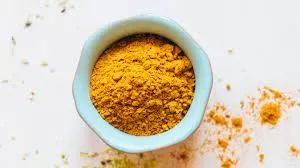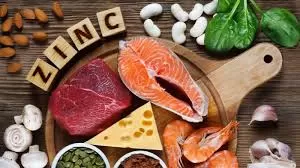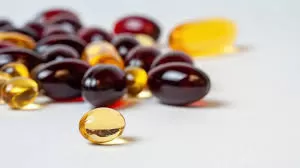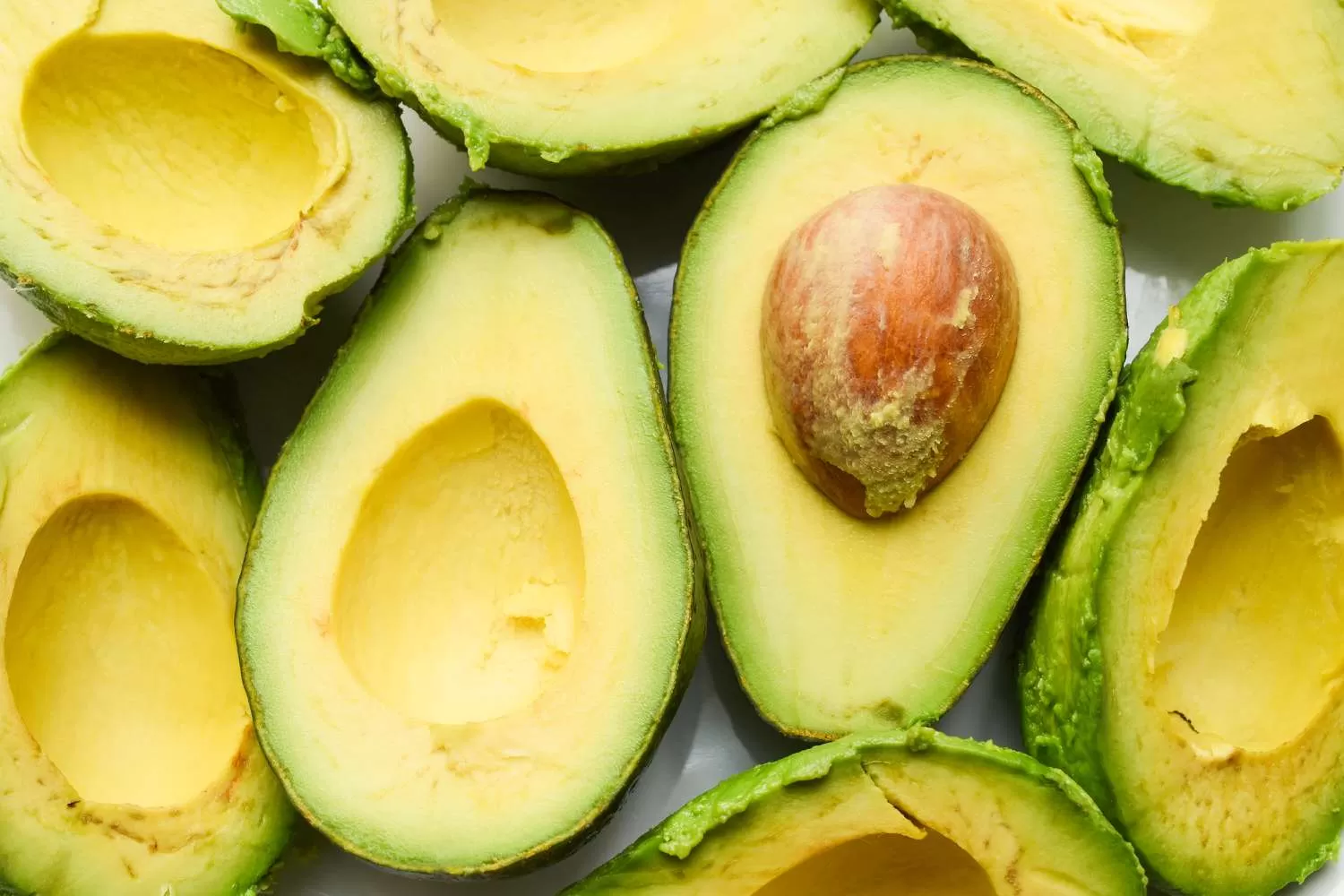- 0086-571-85302990
- sales@greenskybio.com
NAD+: Promising 'Miracle' Supplement or Overhyped Trend?
2025-05-25
The supplement NAD+, touted as a "miracle" cure for aging, is stirring interest despite the bulk of research being conducted in animal studies. NAD+, or nicotinamide adenine dinucleotide, is a vital coenzyme involved in regulating metabolism, longevity, DNA repair, and immune function. Disrupted NAD+ levels are linked to aging, metabolic disorders, neurodegeneration, and cancer.
Understanding NAD+ and Its Benefits
Early studies in mice suggest that supplements boosting NAD+ precursors, such as nicotinamide mononucleotide (NMN) and nicotinamide riboside (NR), could offer health benefits and delay aging. Charles Brenner, PhD, who identified NR as a key precursor, likens NAD+ functions to that of electric car batteries where high-energy electrons are needed for the body to function. NAD+ carries these electrons, converting food into energy and aiding in body repair.
Brenner clarifies that NAD+ is not a drug or miracle solution. Levels of NAD+ naturally decline with age and are affected by factors like a sedentary lifestyle, unhealthy diet, excessive alcohol consumption, and immune system challenges. This decline is noted in aging-related health issues.
NR: A Promising NAD+ Precursor
Research indicates that NAD+ levels might be increased via supplements containing precursors like NR, which Brenner discovered. Ongoing clinical trials examine NR in the context of heart disease, Alzheimer's, kidney injuries, aging, and chemotherapy. Brenner states NR holds protective benefits against metabolic stresses such as obesity, alcohol consumption, DNA damage, and inflammation, preserving tissue function and metabolism.
Current Findings on NAD+ Research
Animal studies point to NMN and NR's potential in promoting a healthier lifespan, characterized by more years lived in good health while slowing premature aging. Preliminary human trials suggest NAD+ supplements may improve exercise capacity in older adults, enhance insulin sensitivity, and provide anti-inflammatory benefits, says Renae Thomas, MD, MPH, a physician specializing in preventive medicine. However, Thomas emphasizes the need for more robust data to support these early findings.
Natural Alternatives to Boost NAD+
Beyond supplements, lifestyle choices such as regular exercise, adequate sleep, and balanced caloric intake are linked to higher NAD+ levels and potential health benefits, Thomas explains. The FDA ruled in 2022 that NMN cannot be marketed as a dietary supplement in the U.S. Thus, while NAD+ supplements could offer advantages, consulting with a physician before starting them is advisable.
In summary, while NAD+ holds promise for supporting health and longevity, much of the enthusiasm is based on preliminary data. Further research is necessary to substantiate its efficacy, and lifestyle changes remain foundational strategies for enhancing NAD+ levels.
-
Goldenseal: A Historic Herbal Remedy at Risk
2025-05-25















